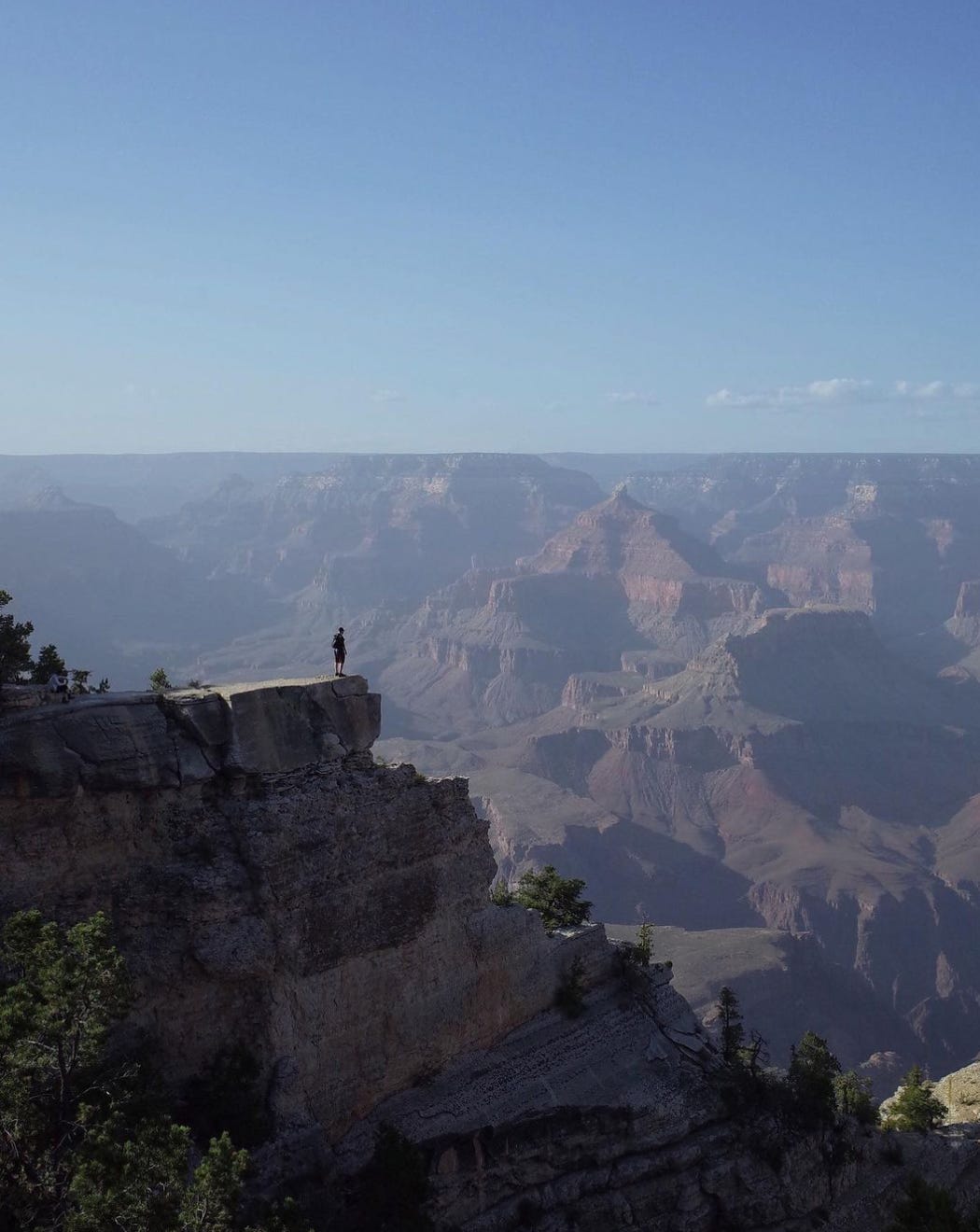Can Dying Languages Be Saved?
Most people think they should. But not everyone thinks they can.
Earlier this year, I attended a lecture featuring a prominent linguist who predicted that 100 years in the future, the languages of the world (currently numbered around 6,000, depending on your definition of a language) will be reduced greatly -- with something like only 500 languages remaining.
I don't disagree with his prediction. As painful as it is to say, it's more likely to be correct than incorrect. I also don't want to misconstrue the point that this linguist was making; he certainly was not advocating for the death of languages. But his prediction was really quite grim, and his suggestions as to what to do about it left me extremely dissatisfied.
Is Language Revitalization Too Unrealistic?
One of this linguist's main points was that language revitalization work is just too difficult. He pointed to the linguistic complexity of many dying languages as making them especially hard to learn as a second language. He pointed out that once languages stop being passed on generationally, being learned from birth, revitalization becomes extremely difficult. In his eyes, these languages are too difficult to learn as a second language if they were not naturally acquired as a child.
He argued that for these reasons, perhaps we need to reconceptualize what language revitalization looks like. He posited that rather than putting so much effort into revitalizing dying languages in the sense that we think we should, we should instead consider what makes languages special (like words with cultural significance or special meaning), and integrate those elements into our speech as a way of making the language “live on” in a sense.
I thought his take on how a language could live on — even after its “death” — was a novel idea, and one worthy of consideration. However, I also take issue with some of his claims. For example, dismissing a language as being too "complex" to be revitalized is very debatable. There is no agreed-upon criteria that exists for objectively defining how difficult a language is (and in fact, all languages possess equal learnability from birth — there are no languages that take babies more time to acquire due to it being too difficult). While it is true that some features may take longer to learn than others (for example, someone learning a tonal language who has no experience with tones will take more time to hear the differences), the possibility of learning a language successfully should not be dismissed outright due to its perceived difficulty level.
Does Language Revitalization Actually Work?
Out of all the points he made, the one that shocked me the most was his conclusion that most language revitalization efforts as they are now are largely futile. For one, this statement disregards the several successful, decades-long, grassroots-driven revitalization efforts of languages such as Hawaiian and te reo Māori. To take Hawaiian as an example, as a result of community efforts beginning in the 1960s, students in Hawaii can now go through their entire K-12 education in Hawaiian, and the first generation of students to do so are now passing Hawaiian on to their children as their first language.1
Additionally, I found his analysis regarding the inefficacy of current revitalization efforts to be too shallow, not considering the deeper realities faced by those working in language revitalization contexts. More specifically, current language revitalizations efforts are most hindered not by the complexity of the language, but by lack of institutional support.
Language revitalization isn’t difficult just because the language itself is difficult. Language revitalization is difficult because most language learning and teaching resources are developed for dominant, global languages such as English. Language revitalization is difficult because there is a disconnect between applied linguists working in second language acquisition and those working in communities to revive their indigenous languages.2 Language revitalization is difficult because generations of speakers of indigenous languages (specifically in North America) have been forcibly removed from their homes and sent to residential schools where they were denied the right to speak their mother tongue, cutting off natural language transmission through the home. It is these very difficult factors — along with many more — that make language revitalization efforts all the more worthwhile.
So while language revitalization is hard work, it is not unachievable. To say that reviving a language is too difficult and too unrealistic in our changing world is a conclusion that I am not willing to accept. Perhaps the specifics as to what a revitalized language looks like will evolve, but every language is worth preserving and worth fighting for, even if it’s hard (and especially if it’s hard).
If you’re interested in reading about more of the moral, ethical, political, and even ecological reasons for why language diversity is important, keep an eye out for future newsletters!
What about you? Do you believe that saving “dying” languages is worth the effort? Or should we accept the direction that history is taking us? Let me know what you think, and thank you for reading.
May, S. (2013b). Indigenous immersion education: International developments. Journal of Immersion and Content-Based Education, 1(1), 34-69. https://doi.org/10.1075/jicb.1.1.03may
McIvor, O. (2020). Indigenous Language Revitalization and Applied Linguistics: Parallel Histories, Shared Futures? Annual Review of Applied Linguistics, 40, 78-96. https://doi.org/10.1017/S0267190520000094



I definitely think saving dying languages is worth the effort! If anything, I believe language to be a huge part of a culture and to lose a language is to lose a culture. I wish more public schools in the US had better support in having students learn a language/culture.
I am a little curious about the linguist's POV where "we should instead consider what makes languages special... and integrate those elements into our speech as a way of making the language “live on” in a sense." Does he mean certain phrases that we have adopted from other languages (ie deja vu) and therefore in a sense making a frankenstein language?